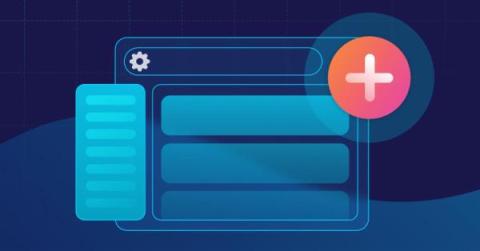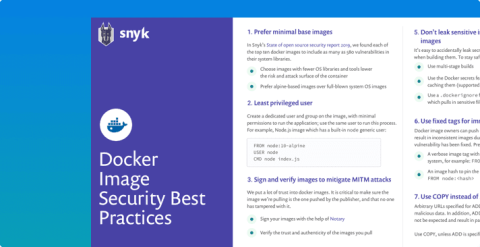Do not pass GO - Malicious Package Alert
Researchers recently found another Software Supply Chain issue in BoltDB, a popular database tool in the Go programming environment. The BoltDB Go Module was found backdoored and contained hidden malicious code. This version took advantage of how Go manages and caches its modules, allowing it to go unnoticed for several years. This backdoor allows hackers to remotely control infected computers through a server that sends them commands i.e. via a command and control server.










